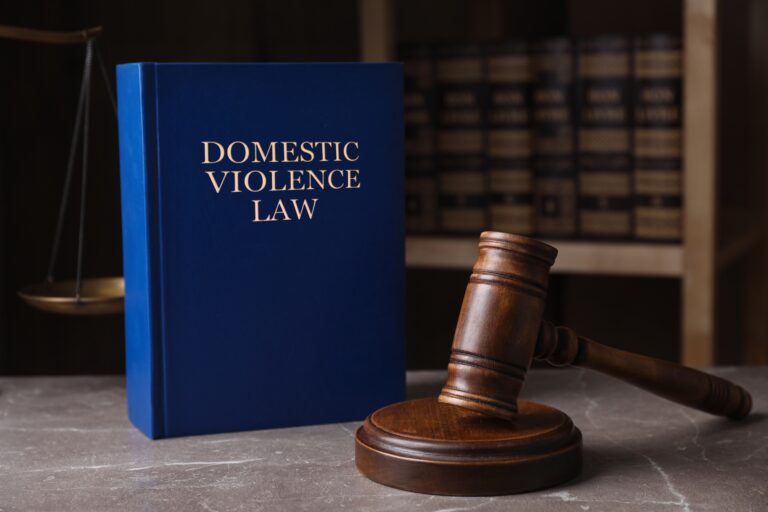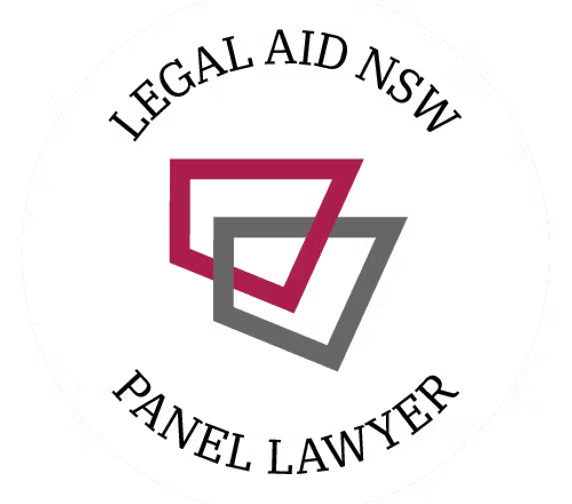Common Assault in New South Wales (Section 61 Crimes Act 1900)
In New South Wales, assault is one of the most frequently prosecuted offences. Even a minor altercation can lead to criminal charges under the Crimes Act 1900 (NSW).
The Law – Section 61 Crimes Act 1900 (NSW)
Section 61 of the Crimes Act 1900 (NSW) makes it an offence to assault another person, whether or not actual bodily harm is caused. The offence can include both physical acts and threats of violence.
Elements of the Offence
To secure a conviction, the prosecution must prove beyond reasonable doubt that:
Physical contact is not always necessary—words or gestures alone can be sufficient if they create a reasonable fear of harm.
Maximum Penalty
The maximum penalty for common assault under section 61 is two years’ imprisonment and/or a fine of up to 20 penalty units. More serious assaults (such as Assault Occasioning Actual Bodily Harm or Reckless Wounding) carry heavier penalties and may be dealt with in the District Court.
Possible Defences
Common defences to assault charges in NSW include:
Each case turns on its specific facts, and legal advice should be sought immediately.
Contact EAS Legal for Expert Help
If you’ve been charged with assault, it’s critical to act quickly. At EAS Legal, our experienced criminal defence lawyers appear daily in NSW Local and District Courts. We will assess the evidence, explain your options, and fight to achieve the best possible outcome.
Call 1800 117 533 or visit www.easlegal.com.au to book a confidential consultation today.
Need to speak with a lawyer?
Our experienced lawyers are here to help you understand your legal rights and options. Contact us for a confidential discussion about your situation.

















